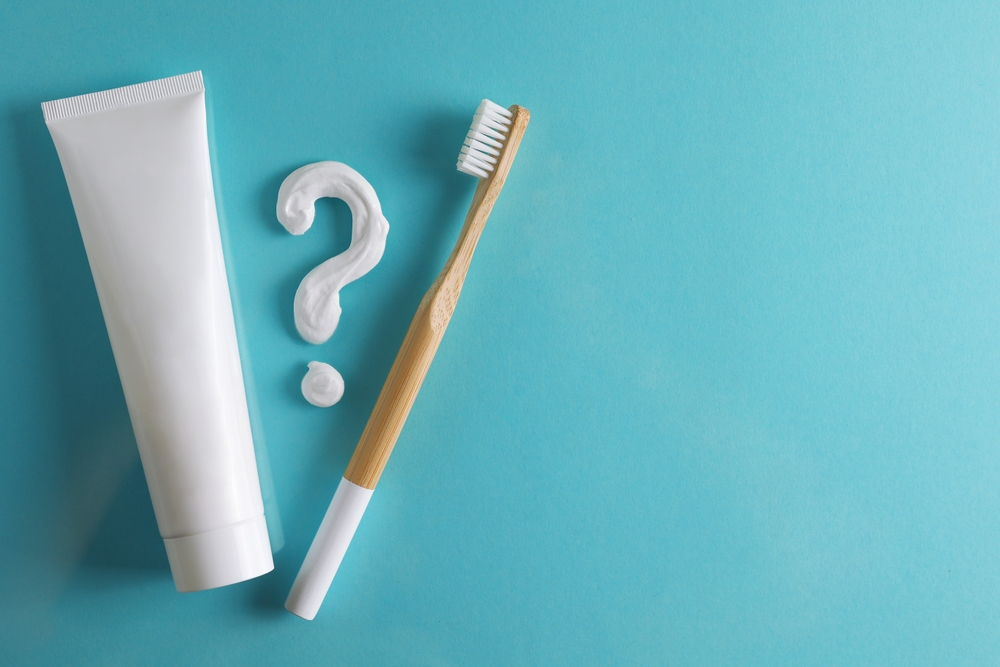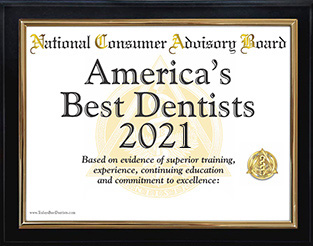
Top 10 Questions You Should Ask Your Dentist
Regular dental visits are not just about cleanings and checkups—they are an essential opportunity to get answers to important questions about your oral health. Whether you’re new to town or simply seeking to make the most of your next appointment, it’s essential to be proactive in communicating with your dentist. If you’re located in Hawthorne, New Jersey, and wondering, “What are the 10 questions to ask your Dentist in Hawthorne, NJ?”—this blog will guide you through the most insightful and important queries to bring up during your next dental visit.
How Healthy Are My Teeth and Gums?
Understanding the current state of your dental health is foundational. Ask your dentist for a comprehensive assessment of your teeth and gums. Even if you brush and floss diligently, only a professional can detect early signs of decay, gum disease, or other oral conditions. Your dentist can evaluate whether your gums are receding, if you have enamel erosion, or if there are signs of bruxism (teeth grinding). Knowing your baseline allows you to make informed decisions about your oral care habits and any necessary treatments.
Your dentist might use tools like digital X-rays, periodontal probes, and visual exams to provide an accurate overview of your oral health. Don’t hesitate to ask for an explanation of what they see. This helps demystify the process and allows you to feel confident in their evaluation. Furthermore, understanding the specific health of your gums can help prevent future issues, such as periodontitis, which can have serious health implications if left untreated.
Am I Brushing and Flossing Properly?
Many people assume they are brushing and flossing correctly simply because they’ve done it for years. However, improper techniques can lead to ineffective plaque removal and even damage to your gums. Your dentist can demonstrate the most effective ways to brush and floss tailored to your specific dental anatomy, including the type of toothbrush and floss best suited for your needs.
Your dentist may suggest switching to an electric toothbrush or using interdental brushes if you have braces or dental bridges. They may also introduce you to techniques like the modified Bass method for brushing or proper angles for flossing. Asking this question could dramatically improve your daily oral hygiene routine and reduce your risk of cavities and gum disease.
What Type of Toothpaste and Mouthwash Should I Use?
Choosing the right oral care products is crucial for maintaining a healthy mouth. While most people grab whatever toothpaste is on sale or smells minty fresh, it’s worth consulting your dentist to find out what is best for your individual needs. Fluoride content, sensitivity protection, tartar control, and whitening ingredients are all important factors to consider.
If you suffer from issues like sensitivity, dry mouth, or gum disease, your dentist can recommend specialty products. Similarly, not all mouthwashes are created equal. Some are antiseptic, some are fluoride-rich, and others are primarily cosmetic. If you’re in Hawthorne, NJ and wondering what local brands or over-the-counter options work best, your dentist can provide personalized recommendations based on your health and availability of products in local pharmacies.
Are There Any Signs of Oral Cancer?
Oral cancer is often overlooked but can be life-threatening if not detected early. During your dental exam, your dentist will likely check for signs of oral cancer, including unusual sores, lumps, or discoloration. However, it’s important to specifically ask if this screening has been done and whether any areas look suspicious.
Asking this question shows your proactive concern for your overall health, and it prompts your dentist to perform a thorough visual and physical exam of your oral cavity, including under the tongue, the roof of the mouth, and your throat. If you’re a smoker, heavy drinker, or have a family history of cancer, your risk may be elevated, making this question even more essential.
What Can I Do to Improve the Whiteness of My Teeth?
Many people are self-conscious about the color of their teeth. If you’re one of them, don’t hesitate to ask your dentist about whitening options. They can guide you on whether you’re a good candidate for professional teeth whitening, which products are safe, and how to avoid over-the-counter treatments that could damage your enamel.
Your dentist may recommend in-office treatments for immediate results or suggest take-home trays for gradual whitening. They can also advise on lifestyle changes—like reducing coffee, red wine, and tobacco use—that can help maintain a brighter smile. Asking your dentist about safe whitening methods can prevent damage from ill-advised DIY techniques and help you achieve noticeable, lasting results.
Are There Any Dental Treatments I Should Consider?
Sometimes, dental issues don’t cause pain or discomfort until they are advanced. Asking your dentist what treatments might be needed allows for early intervention. Whether it’s a small cavity that needs a filling, early gum disease that could benefit from scaling, or even preventive sealants for molars, your dentist can recommend what’s appropriate for your unique situation.
Additionally, this is a good time to inquire about cosmetic or elective procedures. If you’re considering veneers, orthodontics, or even dental implants, your dentist can provide insight into the risks, costs, and benefits. A proactive approach can save you time, money, and discomfort in the long run.
How Do My Diet and Habits Affect My Dental Health?
Diet and lifestyle habits play a significant role in oral health. Frequent snacking, sugary drinks, acidic foods, and smoking can all contribute to tooth decay and gum disease. Ask your dentist for a frank discussion about how your current eating and lifestyle choices are affecting your teeth and what you can do to improve.
Your dentist may point out the hidden sugars in processed foods, the erosion caused by citrus fruits, or the dehydration linked to caffeine that affects saliva flow. In some cases, a referral to a nutritionist or cessation programs for smoking might be appropriate. Addressing these topics can help you develop a holistic strategy for better health.
What Are My Options for Replacing Missing Teeth?
Tooth loss can occur due to decay, trauma, or aging. If you’re dealing with missing teeth or are anticipating an extraction, ask your dentist about the most suitable replacement options. These can include dental implants, bridges, partial dentures, or even full dentures depending on the case.
Each option has its pros and cons, such as cost, durability, appearance, and maintenance. Your dentist can walk you through these considerations and recommend a treatment plan that aligns with your health, goals, and budget. The earlier you begin planning for tooth replacement, the smoother the transition will be in terms of both function and appearance.
Are My Dental X-rays Up to Date?
X-rays are a vital diagnostic tool that helps dentists detect issues that aren’t visible to the naked eye—such as bone loss, impacted teeth, infections, or deep decay. Make sure to ask your dentist if your current X-rays are recent enough and whether new images are needed to get a full picture of your oral health.
Most dental practices follow guidelines that recommend bitewing X-rays once a year and a full set every three to five years. However, your specific needs may vary based on your age, dental history, and risk factors. Asking about X-rays ensures you’re neither overexposed to radiation unnecessarily nor at risk of undetected problems.
How Often Should I Schedule Visits?
The general rule is to see your dentist twice a year, but that doesn’t apply universally. If you have a history of gum disease, ongoing orthodontic treatment, or medical conditions like diabetes, your dentist might recommend more frequent visits. Conversely, those with impeccable oral health might only need annual checkups.
By discussing the ideal appointment frequency based on your unique health status, you ensure you’re neither neglecting important care nor booking unnecessary appointments. This question also opens up a dialogue about maintenance plans, including cleanings, fluoride treatments, or periodontal care.
Conclusion
When considering, “What are the 10 questions to ask your Dentist in Hawthorne, NJ?”—it’s clear that these questions are more than just conversation starters. They are powerful tools to take control of your oral health and ensure you receive personalized, preventive, and effective dental care. From understanding the condition of your teeth and gums to exploring treatment options and improving your daily routine, each question empowers you to be an active participant in your health journey. Make your next dental visit count by preparing your questions in advance and opening the door to a healthier, brighter smile.
Need a Dentist Office Near You?
At The Smile Spa of North Jersey, LLC, we’re here to provide the personalized, high-quality dental care you deserve in a space where your comfort always comes first. Whether you’re due for a routine checkup or need more specialized treatment, our friendly and experienced team is ready to support your wellness journey every step of the way. Reach out to us today—we’d love to welcome you in, answer your questions, and help you rediscover your best smile.
Categorised in: Dental Health

